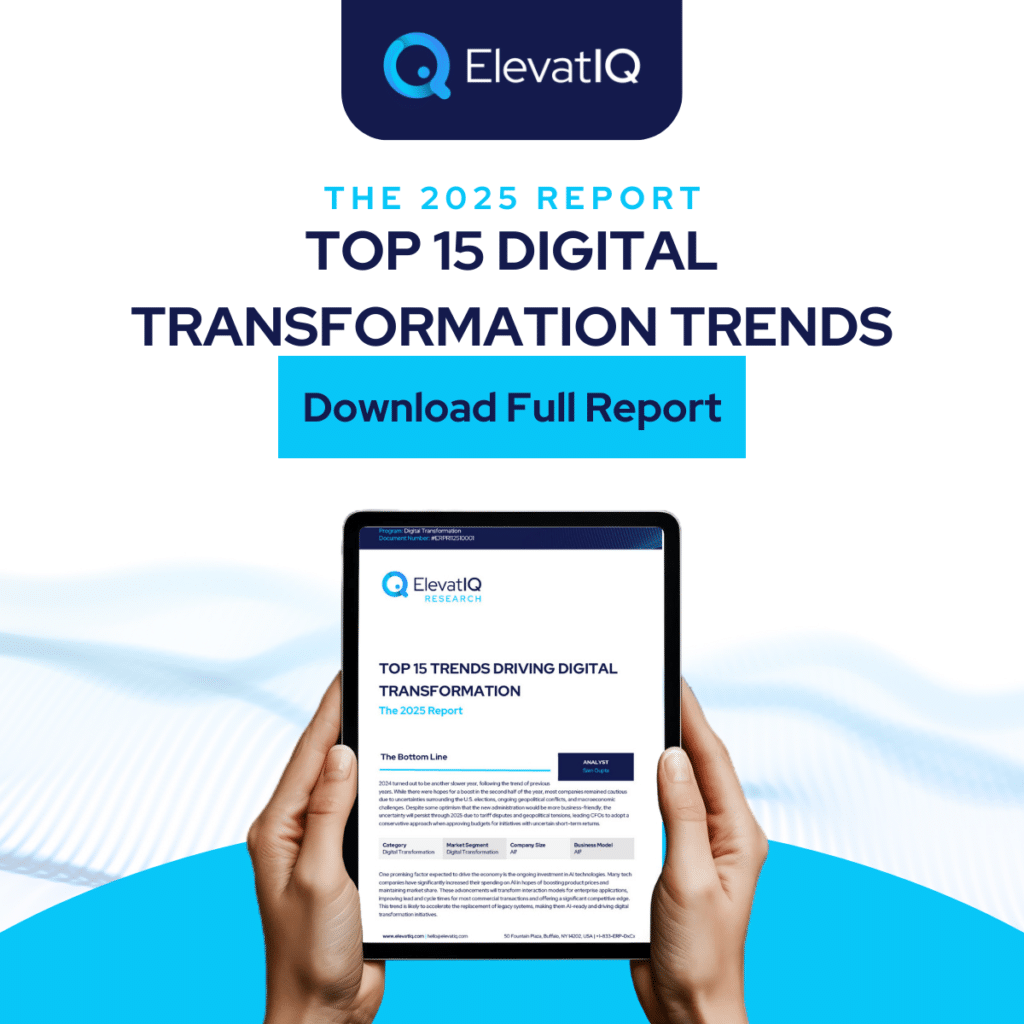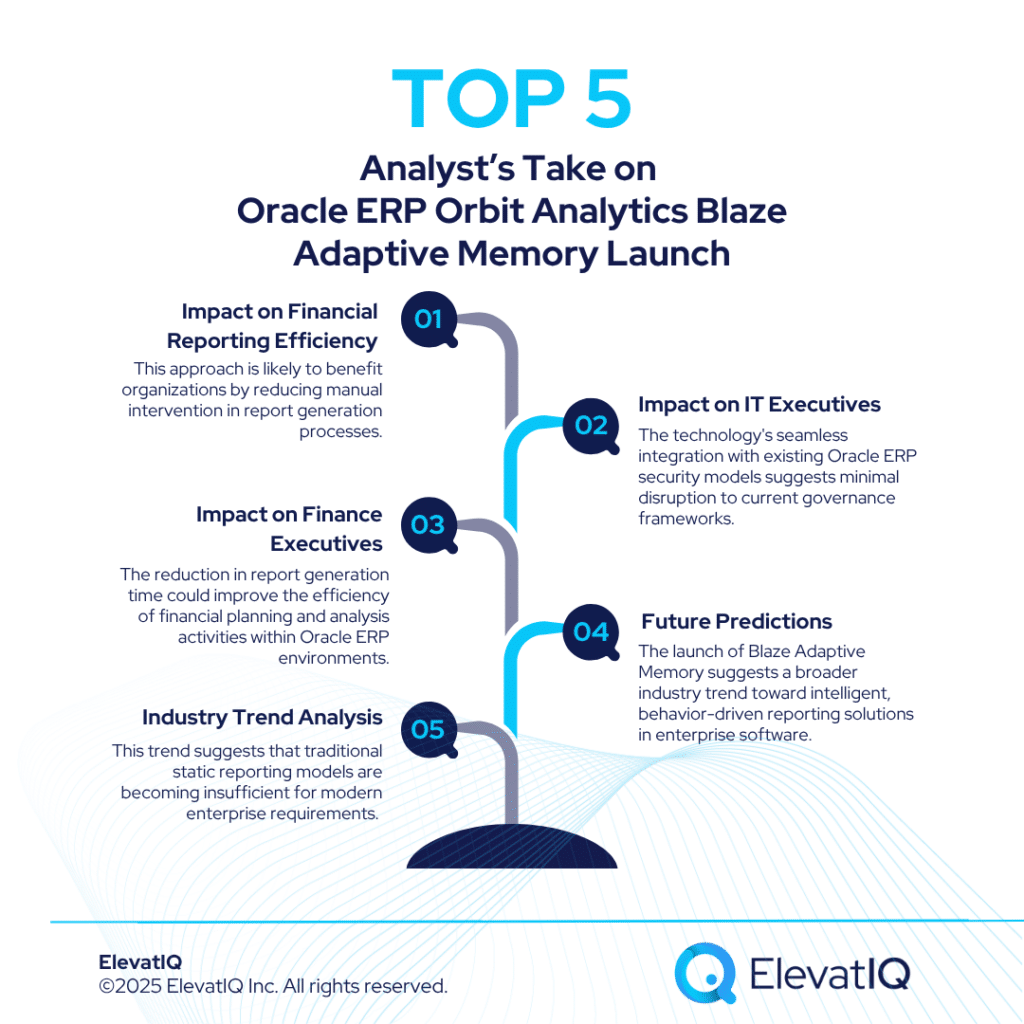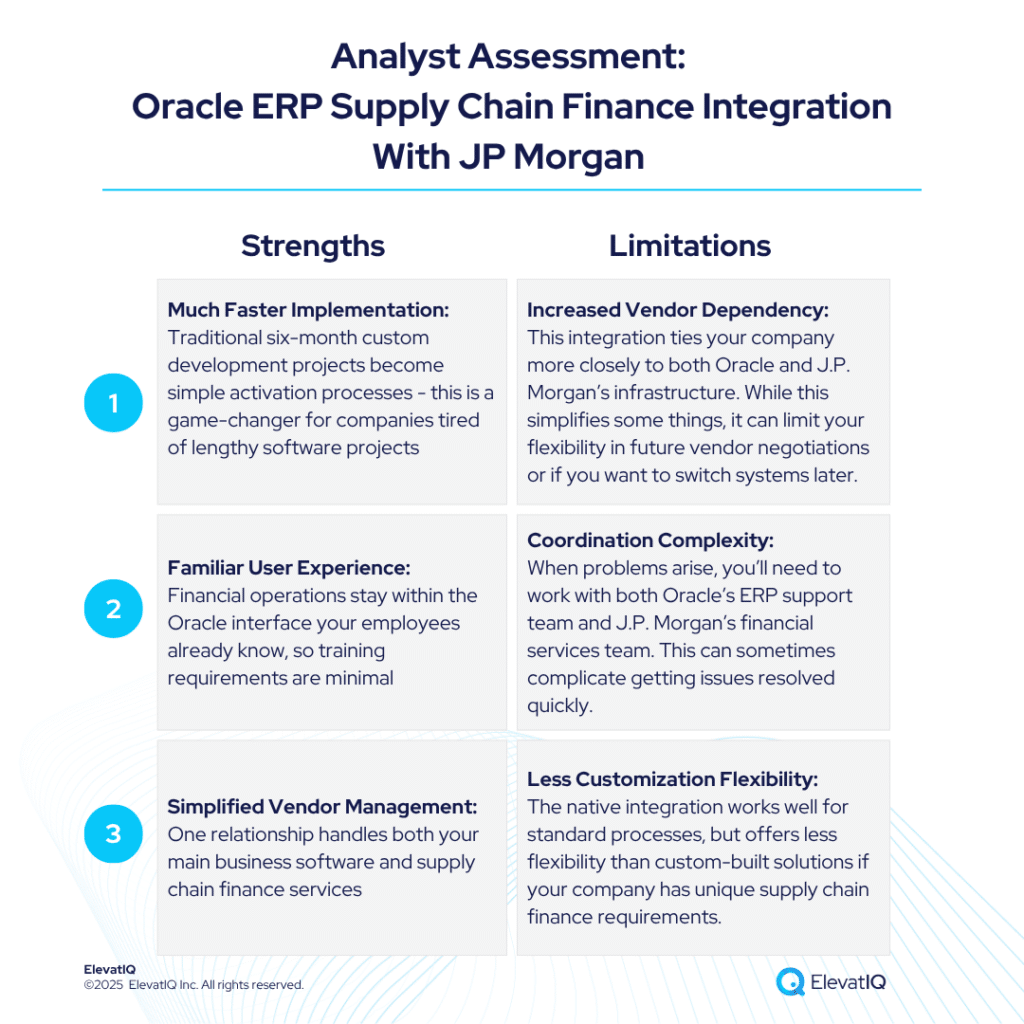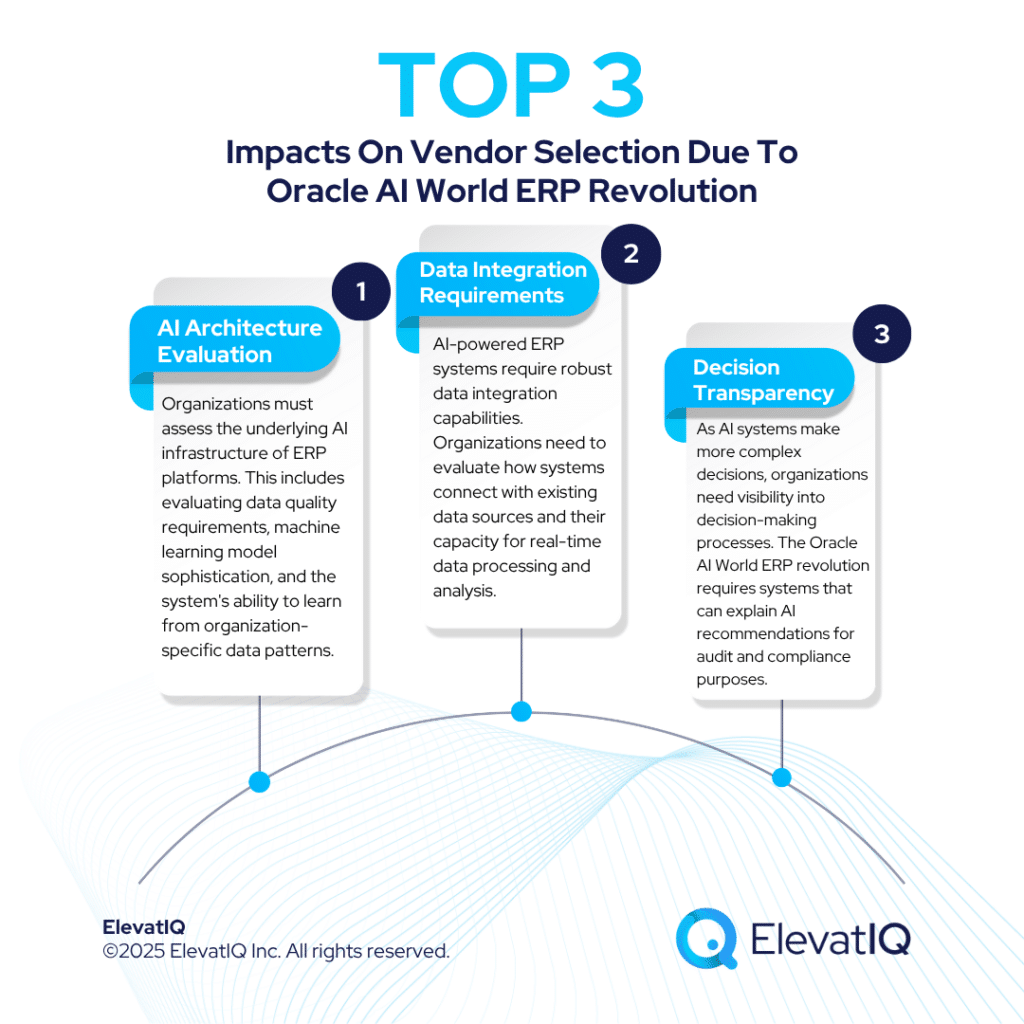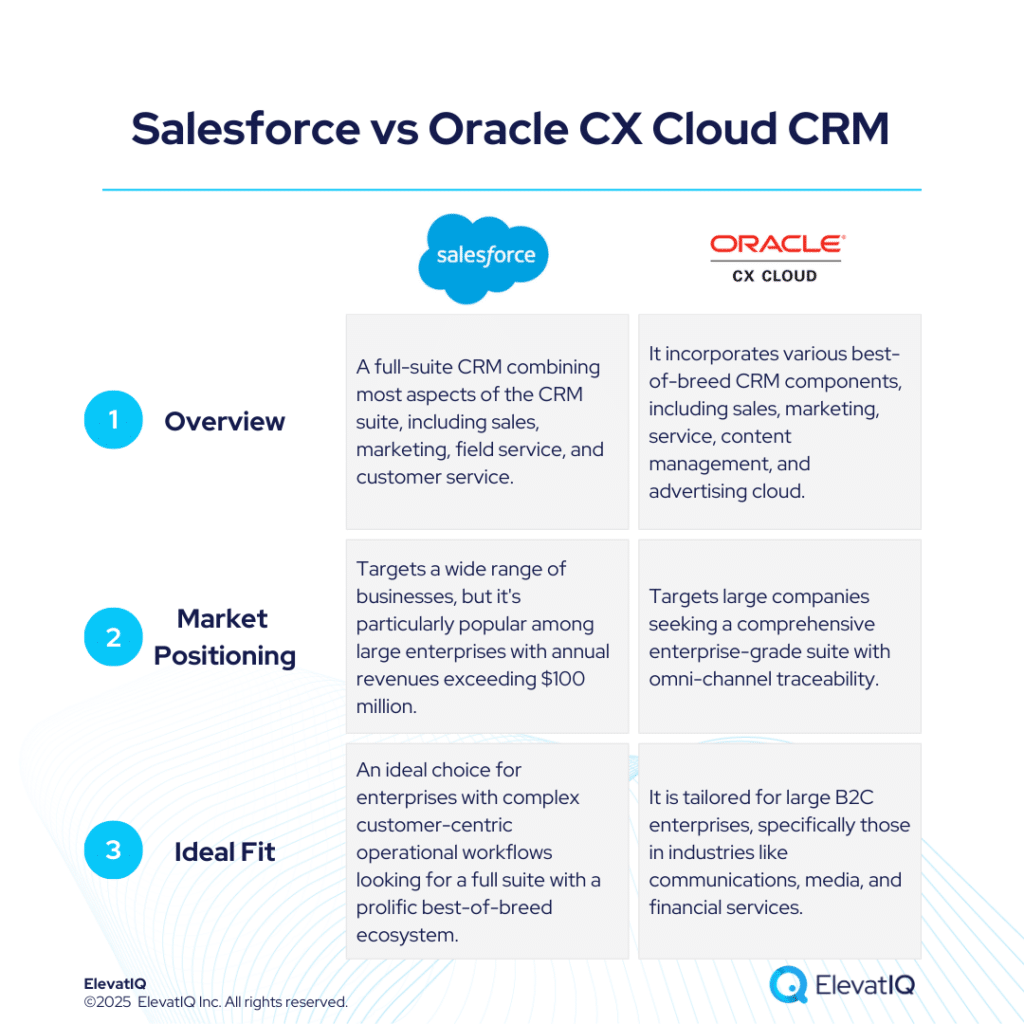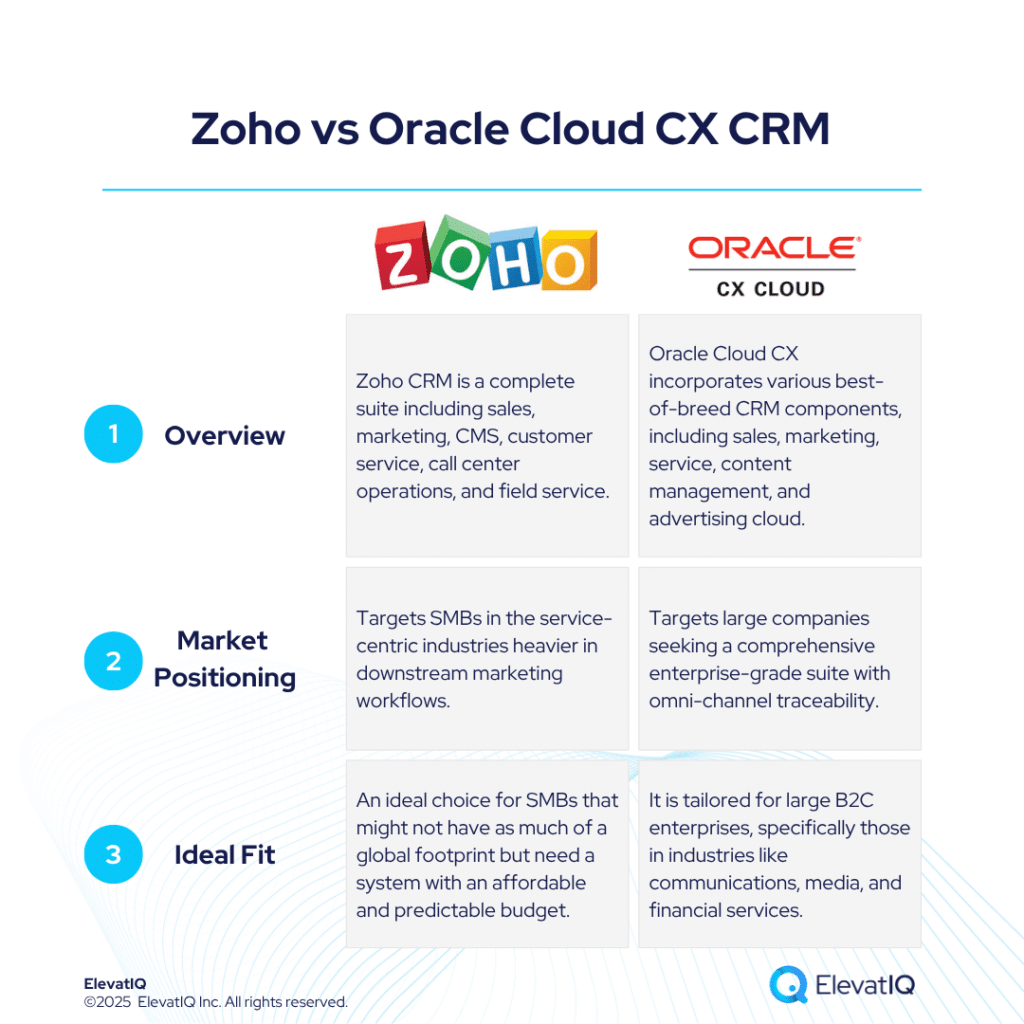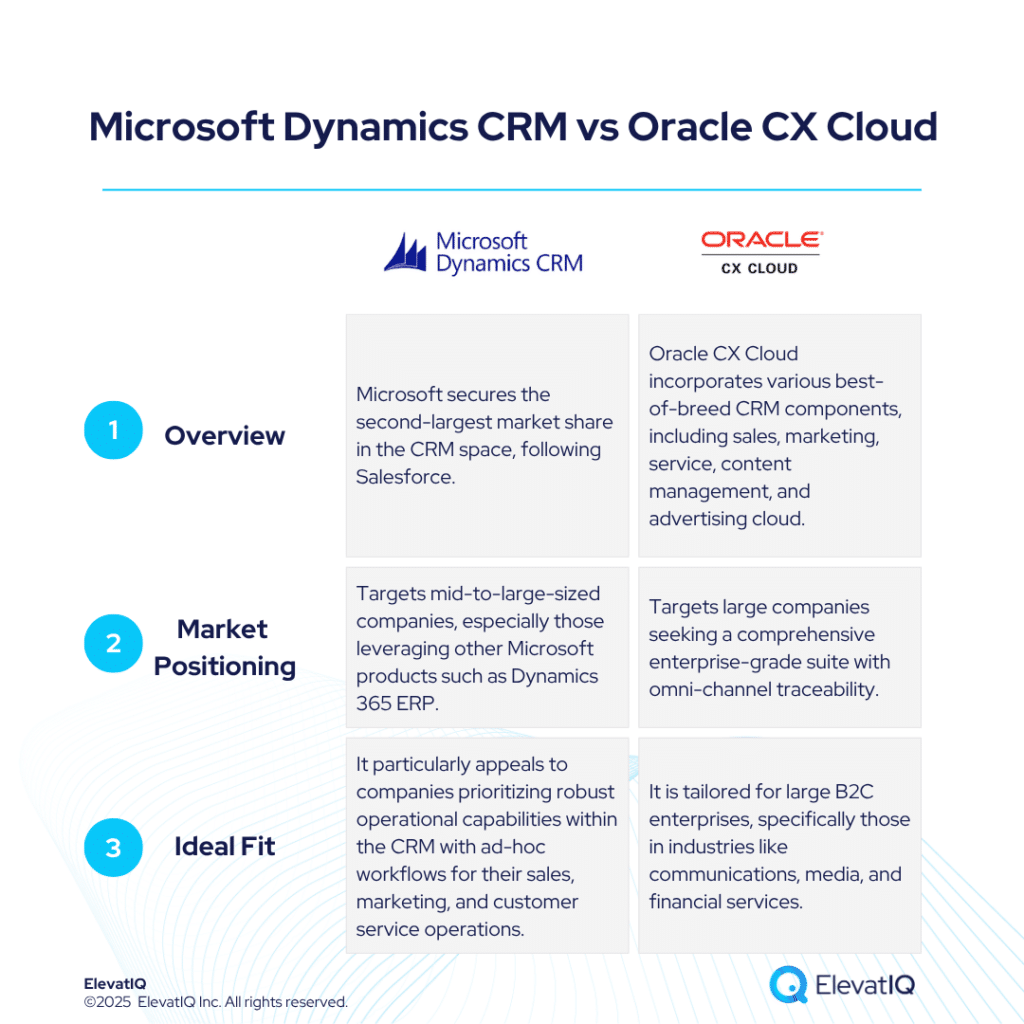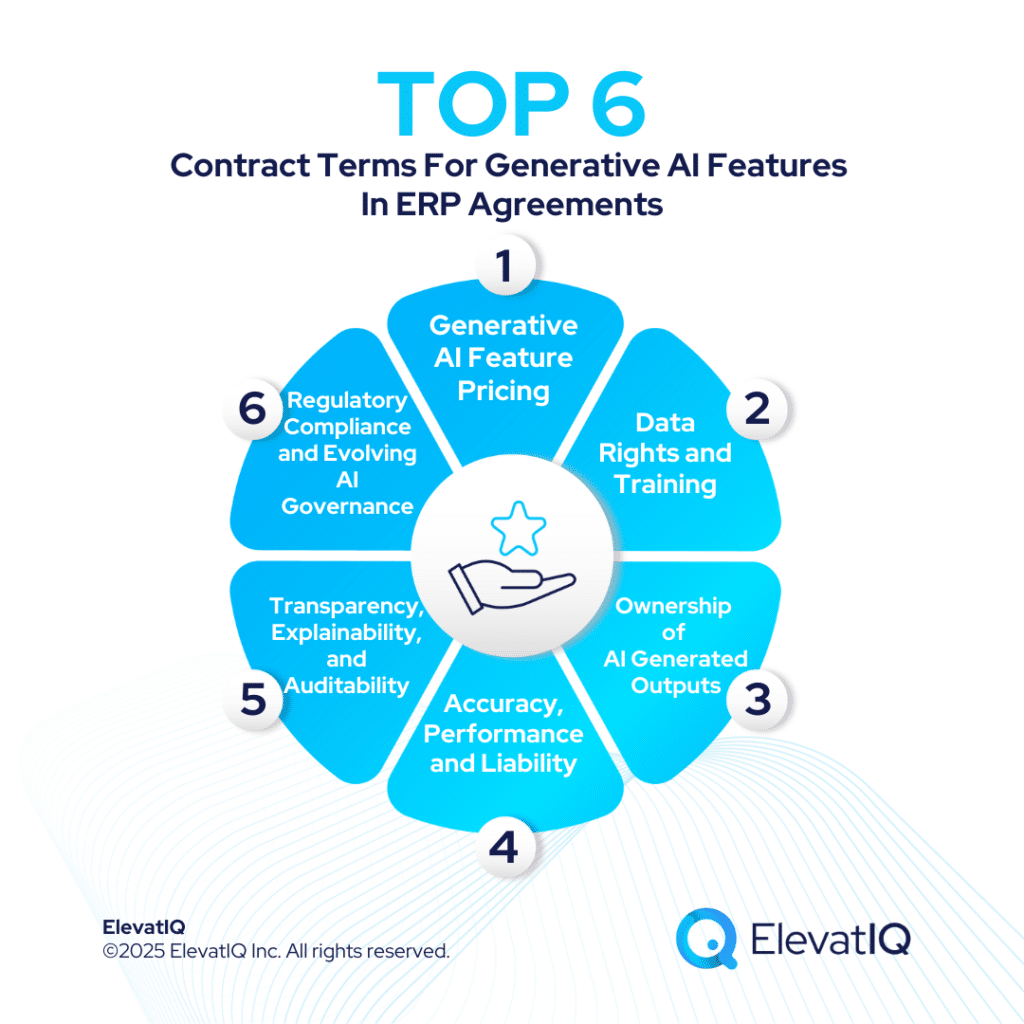Orbit Analytics has officially launched Blaze Adaptive Memory, a significant enhancement to its GL Sense financial reporting tool designed specifically for Oracle ERP environments. This development represents a notable advancement in enterprise financial reporting technology, introducing behavior-driven reporting capabilities that differ from traditional in-memory systems. The enhancement targets Oracle E-Business Suite and Oracle Fusion Cloud GL users, promising improved speed and adaptability in financial reporting processes.
Structured Breakdown of the News
Technology Overview
Blaze Adaptive Memory represents a departure from conventional static data structures and pre-defined models commonly used in Oracle ERP financial reporting. The technology employs a dynamic, behavior-driven approach that analyzes user behavior and reporting patterns to optimize query performance proactively. This system is expected to enhance self-service access to insights while maintaining the security protocols inherent in Oracle ERP systems.
Development Background
The enhancement is the result of nearly two years of research and development by Orbit Analytics. The technology was officially announced during the Ascend 2025 Conference, marking a significant milestone in the company’s product development timeline. According to Ravi Jasti, CTO and Co-founder of Orbit Analytics, the innovation aims to bring “real-time financial insights closer to the ‘speed of thought.'”
Integration Capabilities
Blaze Adaptive Memory is designed to integrate seamlessly with both Oracle EBS and Oracle Fusion Cloud GL environments. The system preserves existing role-based security models while enhancing system performance without disrupting current workflows. This integration approach is likely to reduce implementation complexity for organizations already using Oracle ERP systems.
Current Availability
The technology is currently live with select clients and is now available to all enterprise users leveraging Orbit’s GL Sense platform. This phased rollout approach suggests a controlled deployment strategy aimed at ensuring system stability and performance optimization.
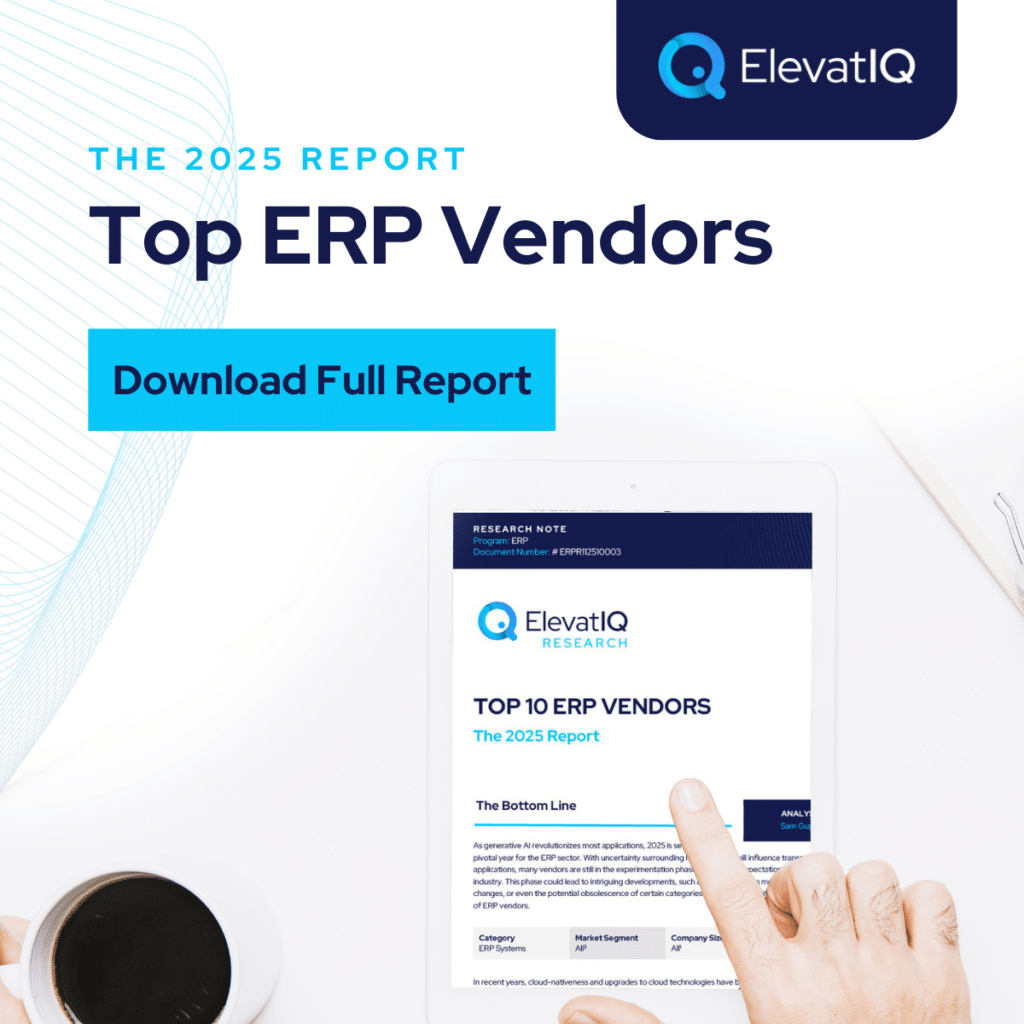
Common Questions That We Are Hearing
What specific performance improvements can organizations expect?
Organizations using Oracle ERP systems are likely to experience reduced query response times through intelligent preloading of common queries. The system is expected to minimize wait times for financial reports, though specific performance metrics have not been disclosed in the official announcement.
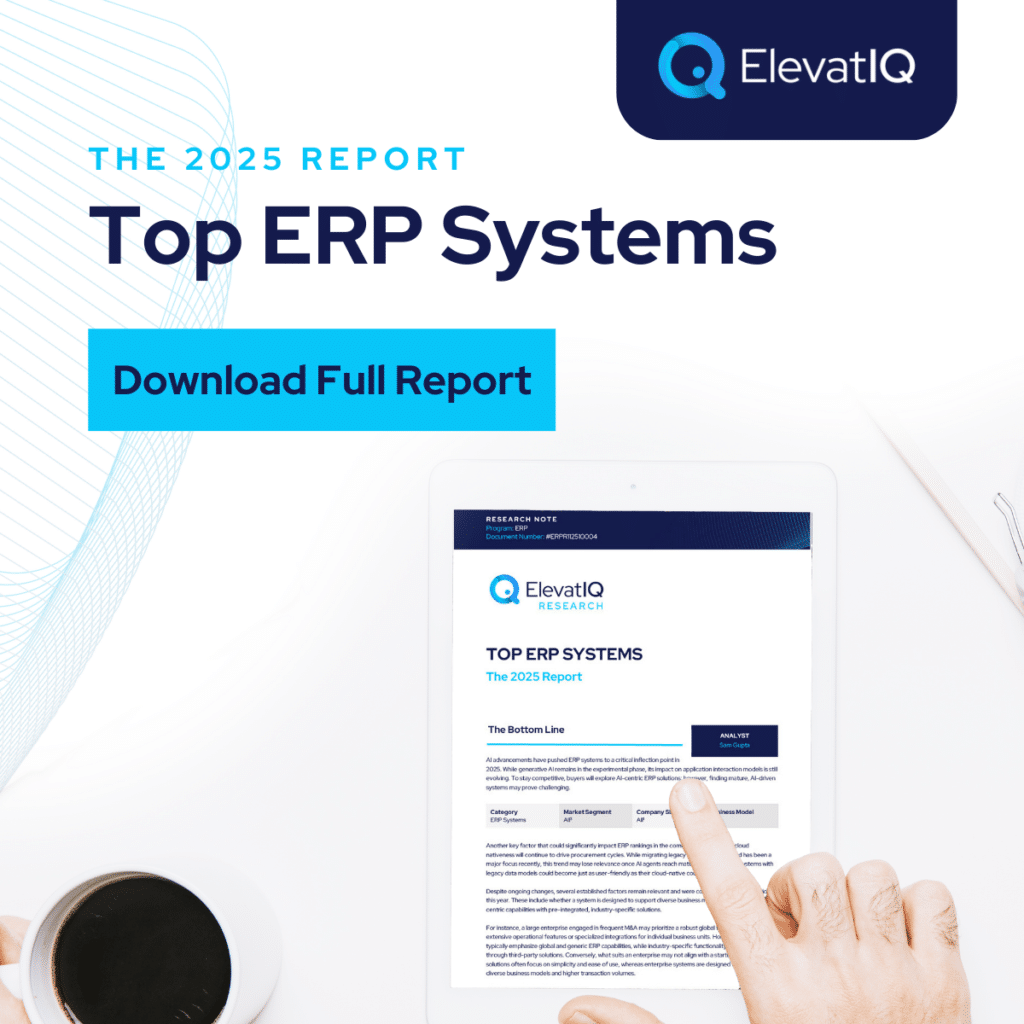
How does this impact existing Oracle ERP security protocols?
The Blaze Adaptive Memory system is expected to preserve existing role-based security models within Oracle ERP environments. Users are likely to maintain their current access levels and security permissions while benefiting from enhanced performance capabilities.
What level of IT involvement is required for implementation?
The enhancement is expected to reduce reliance on IT departments for report generation by enabling more intuitive self-service capabilities. However, initial implementation and configuration requirements have not been detailed in the current announcement.
Is the technology compatible with both Oracle EBS and Fusion Cloud?
Yes, Blaze Adaptive Memory is designed to work with both Oracle E-Business Suite and Oracle Fusion Cloud GL environments. Organizations using either platform are expected to access the same core functionality.

Analyst’s Take on This Development
Impact on Financial Reporting Efficiency
The introduction of behavior-driven reporting technology represents a notable shift from traditional static reporting models in Oracle ERP environments. This approach is likely to benefit organizations by reducing manual intervention in report generation processes. The technology’s ability to learn from user patterns suggests potential for continuous performance optimization over time.
However, the effectiveness of this approach depends on the quality and consistency of user behavior patterns. Organizations with highly variable reporting requirements may experience less predictable performance improvements compared to those with standardized reporting processes.
Impact on IT Executives
CIOs are likely to benefit from reduced strain on IT resources through enhanced self-service capabilities. The technology’s seamless integration with existing Oracle ERP security models suggests minimal disruption to current governance frameworks. CIOs should expect reduced support requests for routine financial reporting tasks.
The technology may also provide CIOs with opportunities to reallocate IT resources toward more strategic initiatives rather than routine report generation support. However, initial implementation oversight and ongoing performance monitoring will likely require dedicated technical resources.
Impact on Financial Executives
CFOs can expect to benefit from faster access to financial insights, potentially enabling more timely decision-making processes. The reduction in report generation time could improve the efficiency of financial planning and analysis activities within Oracle ERP environments. The enhanced self-service capabilities may also reduce dependency on IT departments for routine financial reporting needs, potentially accelerating month-end and quarter-end closing processes. However, CFOs should consider the learning curve associated with new reporting interfaces and the need for staff training.
Future Predictions
The launch of Blaze Adaptive Memory suggests a broader industry trend toward intelligent, behavior-driven reporting solutions in enterprise software. This development is likely to influence other ERP vendors to explore similar adaptive technologies for their platforms.
Organizations using Oracle ERP systems may increasingly expect similar intelligent features in other modules beyond financial reporting. This could drive demand for more sophisticated analytics capabilities across the entire Oracle ERP ecosystem.
Industry Trend Analysis
The introduction of adaptive memory technology in Oracle ERP reporting tools reflects the broader enterprise software industry’s movement toward AI-powered business intelligence solutions. This trend suggests that traditional static reporting models are becoming insufficient for modern enterprise requirements. The emphasis on self-service capabilities indicates a shift toward empowering business users with direct access to data insights without extensive IT intervention. This trend is likely to continue across various enterprise software categories, not limited to Oracle ERP systems.
Stakeholder Statements
Ravi Jasti, CTO and Co-founder of Orbit Analytics, commented on the development: “The new Blaze Adaptive Memory evolution of GL Sense is the result of nearly two years of R&D and redefines what’s possible in Oracle ERP reporting. It’s fast, bringing real-time financial insights closer to the ‘speed of thought.’” This statement emphasizes the significant development effort invested in the technology and positions it as a transformative advancement in Oracle ERP reporting capabilities.
